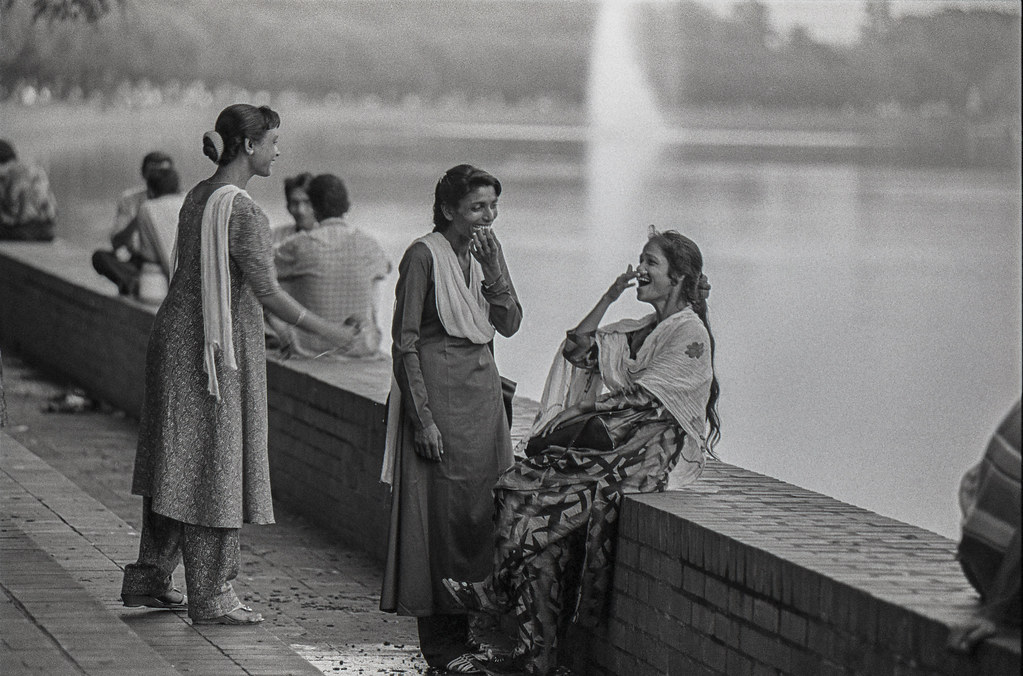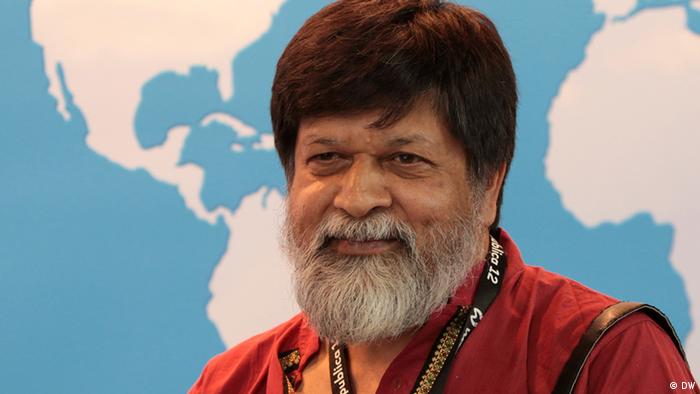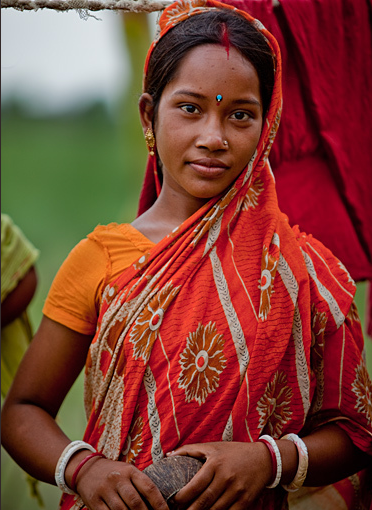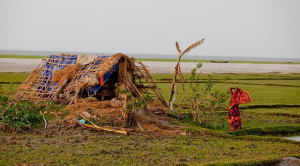| IDLO Photo Exhibition in Rome Farnesina Porte Aperte 2015 22 – 29 May 2015 |
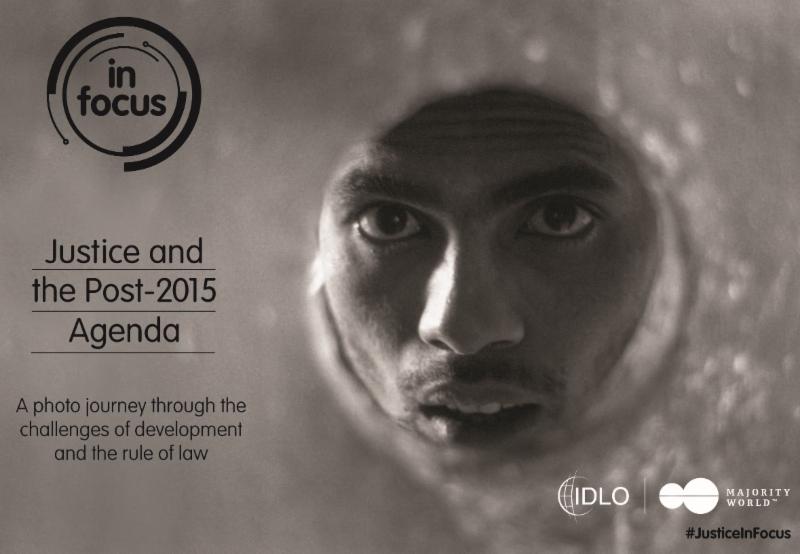
| IDLO’s photo exhibition “In Focus: Justice and the Post-2015 Agenda” will form part of this year’s initiative by the Italian Ministry of Foreign Affairs and International Cooperation to open its doors to the general public. From 22 until 29 May 2015, visitors will be able to participate in “Farnesina Porte Aperte” and view the exhibition during guided tours of the building. The Farnesina’s art collection is internationally recognized, and IDLO is proud to have been chosen to exhibit alongside this. |
The photographs were also featured by The Guardian.
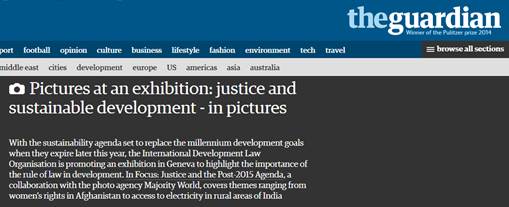
| Curated by IDLO and the photo agency Majority World, the exhibition focuses on the challenges of development and the rule of law. From gender equality and indigenous rights to energy poverty and land tenure, it presents the rule of law as lived experience. The pictures vividly explore the human side of the rule of law and its importance in everyday life. ?In Focus: Justice and the Post-2015 Agenda? illustrates these themes through 32 images – taken by photographers from Afghanistan, Bangladesh, Brazil, India and Kenya – ranging from the Amazonian settlement of Colniza, Brazil, where rule of law measures have reversed illegal logging and deforestation, to the energy-starved metropolis of Kibera, Africa?s largest slum. To sign up for a guided tour, please visit the Ministry of Foreign Affairs and International Cooperation?s Farnesina Porte Aperte website and choose the ?art route?, currently available from Monday 25 until Wednesday 27 May. Before traveling to Rome, the exhibition was shown at the Palais des Nations in Geneva, to coincide with the 28th session of the United Nations Human Rights Council. Over the coming months, it will be shown in Milan, New York, Washington and The Hague, and will return to Rome for an exclusive viewing in November. |
| For more information, please read this article in Italy’s Corriere della Sera,?visit theIDLO mini-site and watch video interviews?with the photographers. |

